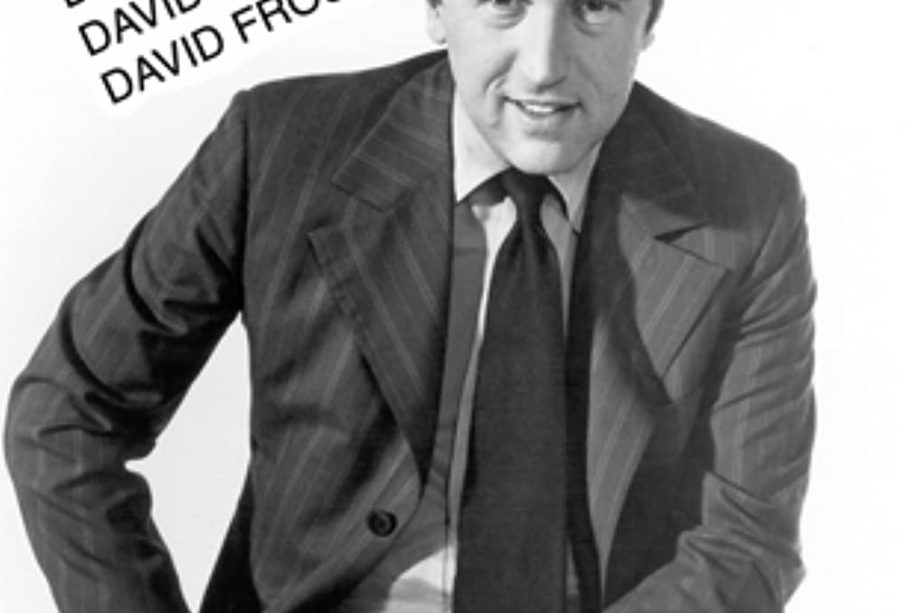The Life and Legacy of David Frost: A Media Pioneer

Introduction
David Frost, renowned for his distinctive interviewing style and significant contributions to television journalism, remains a pivotal figure in the media landscape. His career spanned five decades, during which he became synonymous with hard-hitting political interviews and entertainment programming, leaving an indelible mark on both the UK and international broadcasting. Frost’s work not only informed and entertained audiences but also elevated the standards of journalistic inquiry. In light of recent discussions surrounding media ethics and integrity, Frost’s legacy serves as a crucial reference point for contemporary journalists.
Career Highlights
Born in 1939 in Tenterden, Kent, Frost began his career as a young presenter on the BBC. He gained prominence in the 1960s with his innovative television shows, particularly ‘That Was the Week That Was’, which combined comedy and current affairs. However, it was his interviews that he became most famous for, especially the 1977 groundbreaking interviews with former U.S. President Richard Nixon. These interviews, which focused on Nixon’s resignation following the Watergate scandal, were pivotal in shaping public perception of the events and marked a significant moment in journalistic history.
Frost’s ability to blend seriousness with a personable approach made him a beloved figure. Throughout his career, he hosted numerous programmes, including ‘Frost on Friday’ and ‘The Frost Interviews’, and was a familiar face during major political events. His unique style sparked a shift in how interviews were conducted, focusing heavily on accountability and fostering a deeper connection with the audience.
Continued Influence
Even after his passing in 2013, David Frost’s influence continues in modern media. New generations of journalists and interviewers reference his techniques and style as benchmarks for conducting interviews. The significance of his work has recently resurfaced in discussions about media credibility and ethics, particularly in the age of misinformation and sensationalism. Frost’s commitment to thorough research and respectful discourse is considered a model for aspiring journalists.
Conclusion
In summary, David Frost’s contributions to journalism are numerous and enduring. As media continues to evolve, reflecting on Frost’s impact helps illuminate the responsibilities of modern journalists. His ability to engage with pressing issues thoughtfully underscores the vital role of journalism in a democratic society. For readers and aspiring journalists alike, Frost’s legacy serves as an inspiring touchstone, reminding us of the power of informed questioning and integrity in media.








